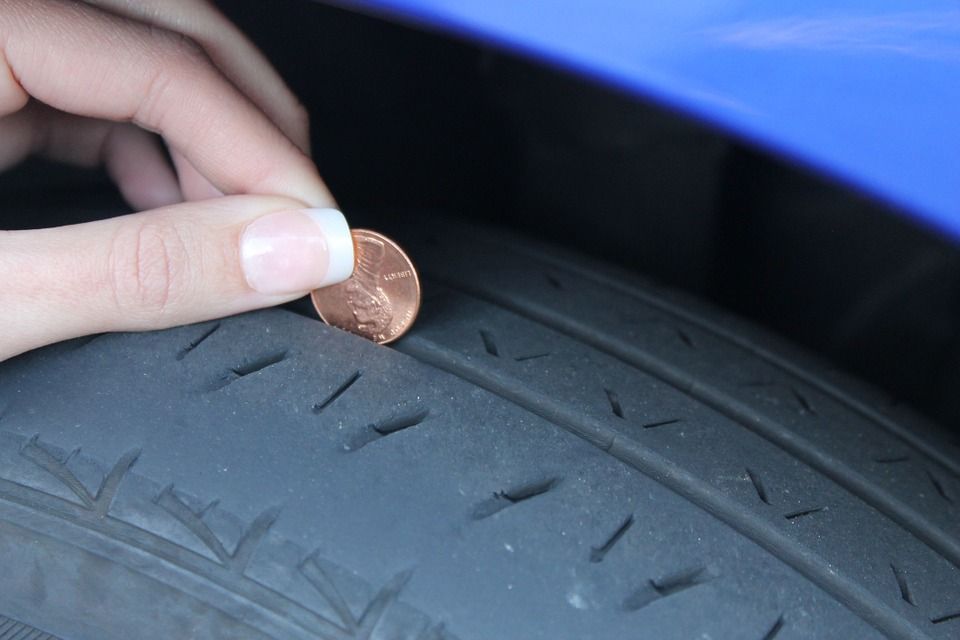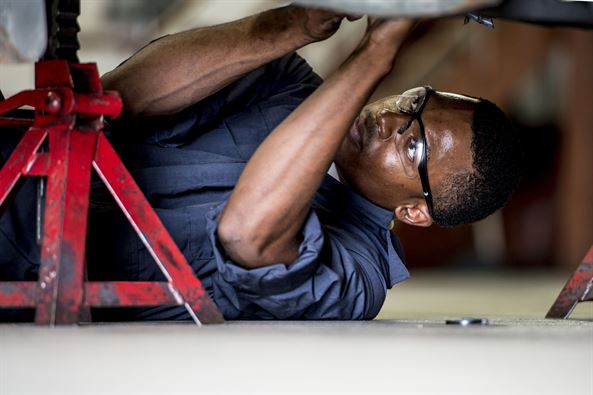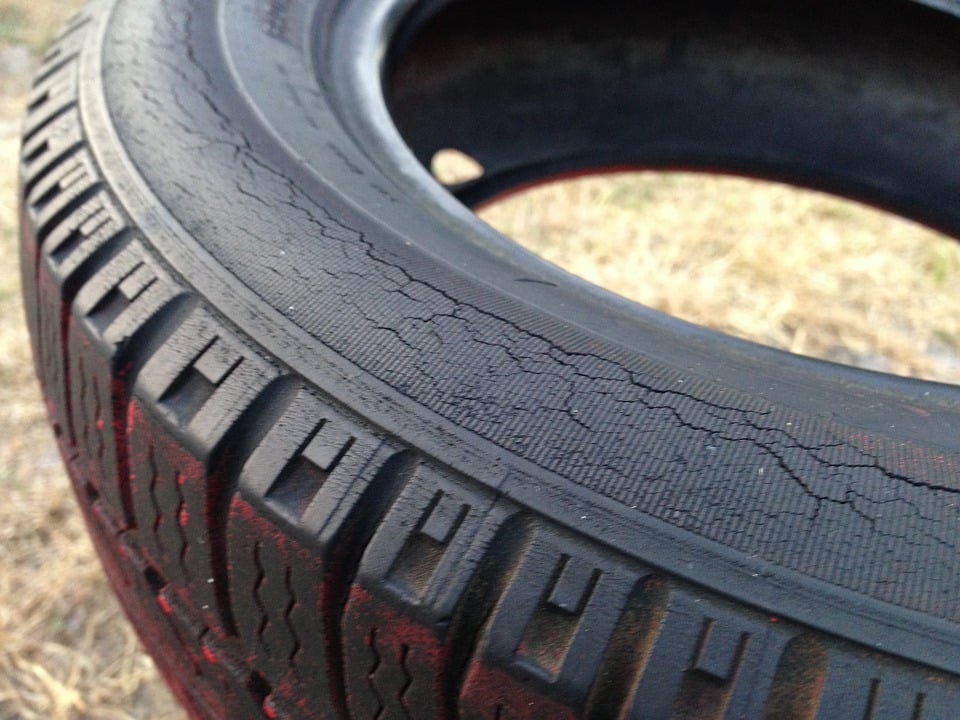
It should go without saying that one of the most important parts of any motorized vehicle are the tires – without them it doesn't matter how much horsepower your engine has, that vehicle isn't going anywhere. And the same can be said about an RV – without tires your recreation vehicle is, well, just a house.
The quality of your RV tires may be the deciding factor between a successful RV adventure and one that can cost you thousands of dollars in unnecessary repairs, and in the very extreme case, the possibility of loss of life.
After all, you never know what sort of driving conditions you may come across, and if an RV tire chooses to fail – as in a blowout – it usually occurs when you are travelling down the road, and the results can be severe to say the least.
Blown tires have been known to destroy RV propane and electrical lines and rip through the floors. Not to mention the potential for collisions a blown tire could cause. And at the very least, a blow-out can see you stranded for hours until help can arrives.
When it comes to RV tires, it's not as simple as looking for tread wear to determine when you should replace them. RV tires could be on for years and not show any visible sign of wear, as most RVs are only driven a few thousand kilometres each year.
So, how often should you replace the tires on an RV? Well it's more often than you may think. Here are a few tips to determine when it's time to replace your RV tires:
.png)
RVezy - Canada's largest and most trusted RV rental marketplace!
Own an RV? Watch this quick video to learn how you can list your RV and start earning today!

Inspect Each Tire
Since you can't base your decision on tread wear alone, you will need to visually inspect each tire to look for signs of tire deterioration, such as cracks in the side walls, which can indicate that a tire should be changed.
It's best to get in the habit of checking the tires before, and after every RV adventure.
Determine The Tire Age
Another way to know how often you should replace the tires on an RV is by the tire's age. Since the year 2000, all tires now include an identification number that shows both the week and the year the tire was produced. Located on the sidewall, the last four numbers, for example 1408, lists the date the tire was produced. In this example it was the 14th week of 2008. As a general rule, regardless of how often the RV was used, the tires should be replaced five years from the date of manufacture.

Reasons For Tire Deterioration
Elements and time are definitely two factors causing tire deterioration, and even tires that have been well taken care of will still need to be replaced after five years, regardless of the tire appearance or tread depth.
As for the elements, RVs that are in warmer, sunny climates may even need replacement tires sooner than RVs in cooler environments, as tires exposed to both heat and sunlight can deteriorate faster a lot faster.
Tips To Prolong Tire Life
Although there isn't much you can do about the age of a tire – once it hits that 5-year mark it's recommended to replace the tire regardless of wear – there are some steps that you can take to prolong the life of your tire to ensure it at least reaches that 5-year milestone.
- Keep tires clean by washing them with mild soap and water
- Keep tires inflated to the recommended maximum cold pressure level
- Use tire covers when not in use
- Take the weight off tires when parked or stored for extended periods of time
- Keep tires away from wet ground as they can absorb water
- Rotate tires occasionally when not in use
In the end, when it comes to the safety of yourself, your passengers and even your potential guests, it's always advisable to err on the side of caution and replace any tires that may need changing sooner rather than later.